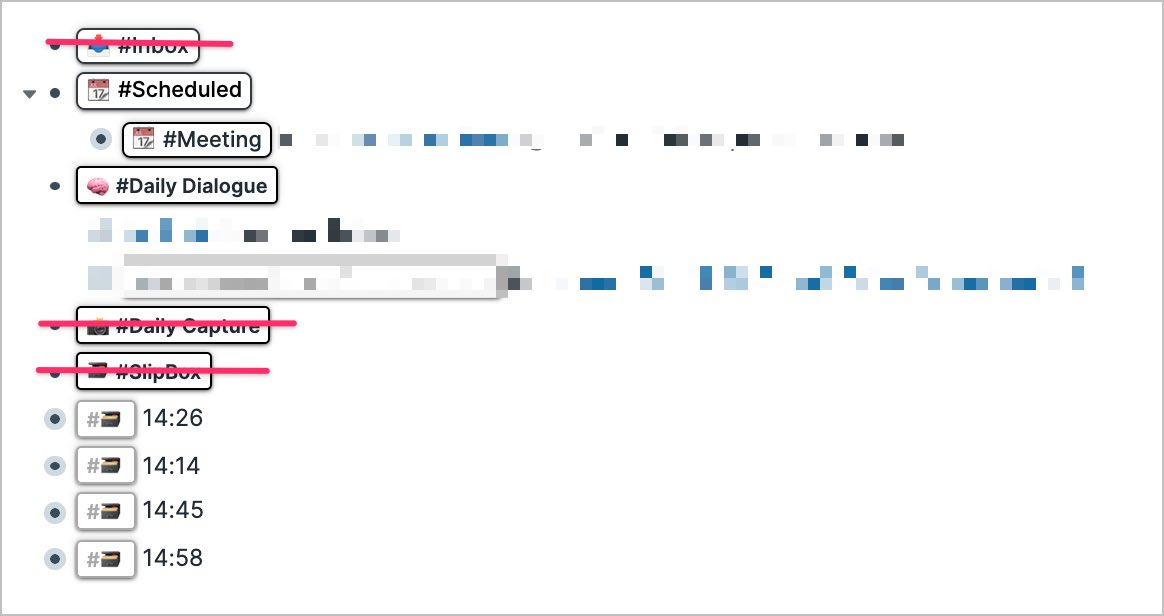@AGWilsonn - Ok. Again, for full context and an understanding of priors. I teach at a [[community college]], so students more likely: marginalized, unprepared, unconnected, and juggling the major stresses in their community.
https://twitter.com/agwilsonn/status/1308935070150000648
I teach in one city in the California Bay Area, and another in the Central Valley of California. Both are majority “minority” student body. One a gentrified city, the other gentrified farm community (like any place in the US isn’t gentrified?!)
The most important [[pedagogical goals]] I have is helping students become “[[true student]],” as opposed to “fee paying individuals.” With that said, the goals wouldn’t be much different elsewhere.
The fundamental principle of the [[Zettelkasten]] is the [[atomicity of thought]]. Constructing understanding and sense-making then is the process of constructing [[idea constellations]] out of base units.
My course is designed with the broad framework of [[Project Based Learning]] and [[Socratic dialogue]], the former, the architecture; the latter, the activity. Students are then tasked in this space to construct their own understanding of historical questions.
These questions are not easy. They are the product of high level thinking, on the [[Bloom's Taxonomy]] spectrum.
Ultimately students must, as a [[community of inquiry]] deconstruct the question to its constituent parts; investigate, analyze, and evaluate historical evidence; in order to construct their own understanding of the question.
My role, is more than the facilitator, I am a fellow (knowledgable) participant in this sense-making; with the understanding that their are many “right” answers and many “inaccurate” answers.
By design, the questions demand more evaluation than regurgitation; more analysis than repetition; more process than product. And if these are the principles by which the course operates and our pedagogical relationship develops.
It is inevitable that the result is a demand for a [[Zettelkasten-like]] process of knowledge construction. I teach them [[how to analyze a question]], [[how to read]], [[how to think on paper]], and [[how to write from understanding]] as opposed to proficiency.
Yet another underlying principle, is that I expect no student to come into my classroom with the requisite faculties to do well in the course, but I do expect them to develop them by the end of the course.
And since each student is different, I [[refuse to utilize quantitative metrics]] and [[count the Magic’s dragon]]. Instead, if a student has demonstrate growth, they will do well - not because I have judged that growth subjectively.
But that they have demonstrated that growth subjectively and objectively. Proficiency in knowledge management (competency in a kind of zettelkasten) is the result - but of course with varying degrees of maturity. This, though, is more than acceptable.
Other benefits are a clear demonstration of student agency and a recognition of their own power as intellectuals —> [[the real definition of intellectuals]].
It is true though, that students are not necessarily receptive to this GIVEN the tradition of [[highered in the United States]] or in [[American Community College]] in general.
Oh, forgot to mention, I often give credit for note-taking - received with a one-on-one review
• • •
Missing some Tweet in this thread? You can try to
force a refresh














